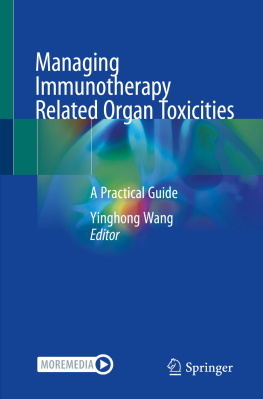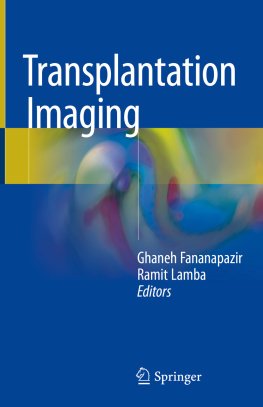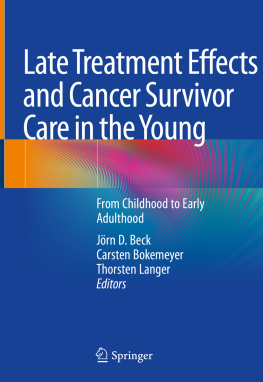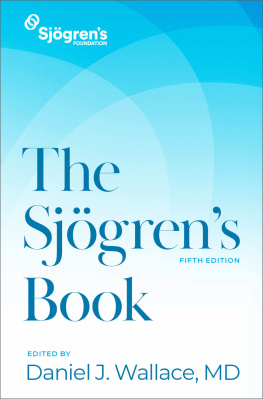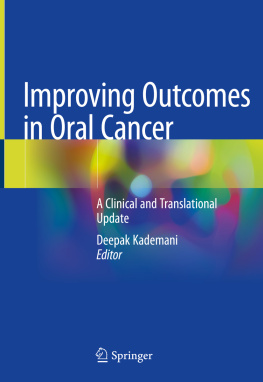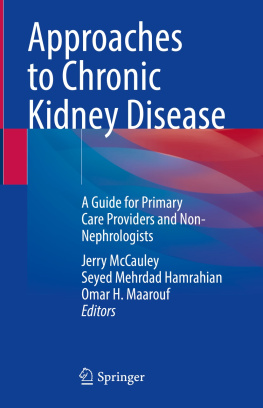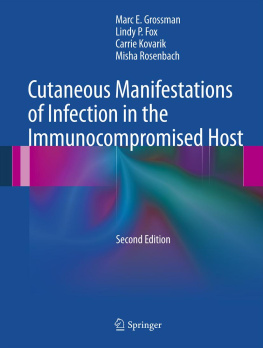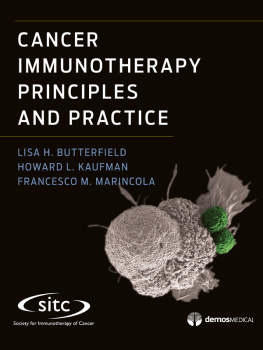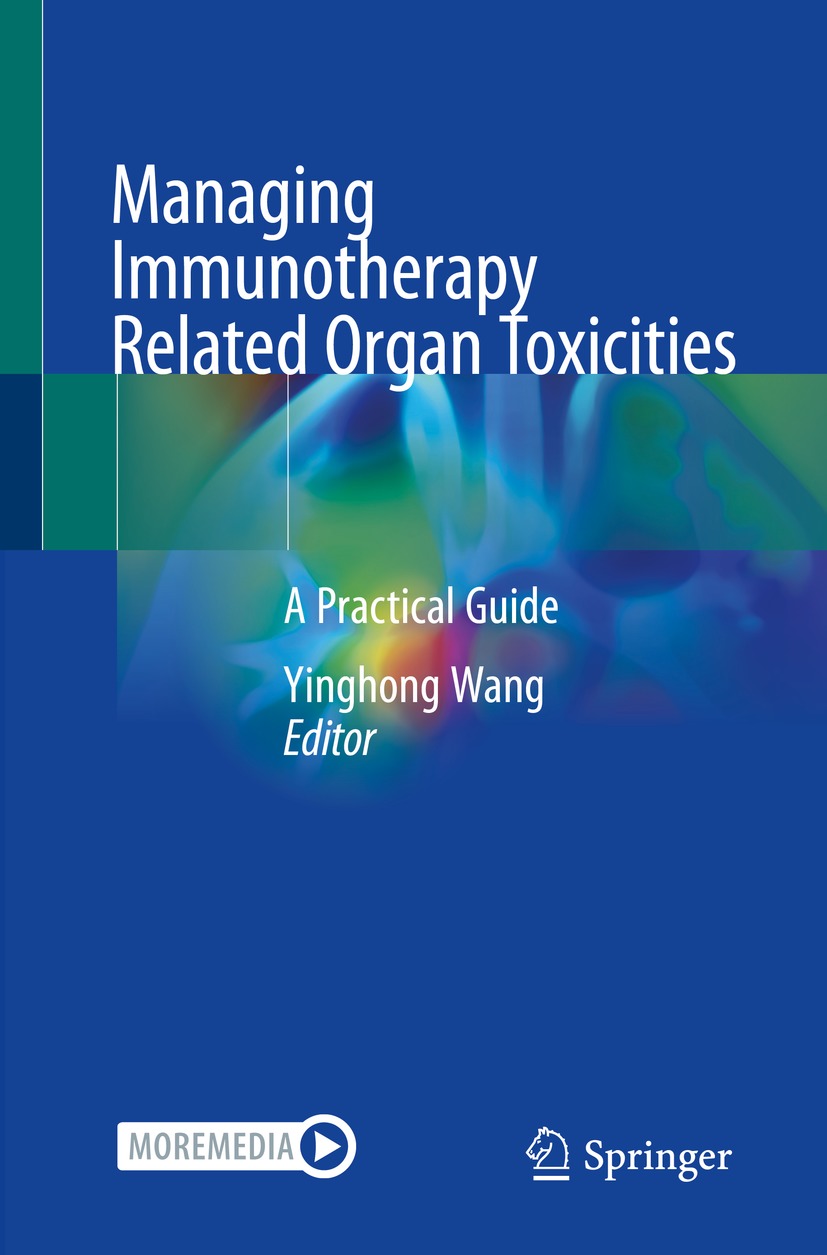Managing Immunotherapy Related Organ Toxicities
A Practical Guide

The Springer logo.
Editor
Yinghong Wang
Division of Internal Medicine, Department of Gastroenterology Hepatology & Nutrition, The University of Texas MD Anderson Cancer Center, Houston, TX, USA
ISBN 978-3-031-00240-3 e-ISBN 978-3-031-00241-0
https://doi.org/10.1007/978-3-031-00241-0
The Editor(s) (if applicable) and The Author(s), under exclusive license to Springer Nature Switzerland AG 2022
This work is subject to copyright. All rights are solely and exclusively licensed by the Publisher, whether the whole or part of the material is concerned, specifically the rights of translation, reprinting, reuse of illustrations, recitation, broadcasting, reproduction on microfilms or in any other physical way, and transmission or information storage and retrieval, electronic adaptation, computer software, or by similar or dissimilar methodology now known or hereafter developed.
The use of general descriptive names, registered names, trademarks, service marks, etc. in this publication does not imply, even in the absence of a specific statement, that such names are exempt from the relevant protective laws and regulations and therefore free for general use.
The publisher, the authors, and the editors are safe to assume that the advice and information in this book are believed to be true and accurate at the date of publication. Neither the publisher nor the authors or the editors give a warranty, expressed or implied, with respect to the material contained herein or for any errors or omissions that may have been made. The publisher remains neutral with regard to jurisdictional claims in published maps and institutional affiliations.
This Springer imprint is published by the registered company Springer Nature Switzerland AG
The registered company address is: Gewerbestrasse 11, 6330 Cham, Switzerland
Preface
During the past decade, immune checkpoint inhibitors (ICIs) have quickly become a paradigm-shifting treatment for a variety of advanced malignancies with a high efficacy. The Nobel Prize in Physiology or Medicine 2018 was awarded for the discovery of cancer therapy by inhibition of negative immune regulation. ICI-induced toxicities, however, pose significant morbidity on already vulnerable cancer patients and thus become a major barrier to this innovative cancer treatment.
I can never forget a scene approximately 5 years ago, when a desperate patient suffering from refractory GI toxicity wanted to give up her melanoma cancer treatment and choose hospice. That was a healthcare professional lady in low 40s that had an admirable career and a happy family with two lovely young kids. The initial ICI treatment showed encouraging response. Then quickly she developed severe colitis. The bleeding and uncontrollable diarrhea significantly deteriorated her physically and mentally. That pushed her to the edge of giving up the fight. We calmed her down and tried an aggressive non-traditional approach as the last resort. A surprising success was achieved with complete resolution of her colitis. She was able to resume the ICI treatment and miraculously conquered the cancer in the end. The patient was so grateful for what we offered to save her life. It was such a touching moment beyond words.
Stories like this are happening almost every day in our clinic and hospital services at The University of Texas MD Anderson Cancer Center MD Anderson, where more than 40% of over 5000 patients receiving ICI treatments each year experience different types and degrees of organ toxicities. Our management for ICI toxicities is especially challenging given the high patient volume, more complexity of disease presentations, wide diversity of cancer types, and large variation of providers practice patterns.
To address this escalating demand and challenge, an institutional ICI toxicity initiative was launched aiming at an optimized strategy in clinical practice on both scientific and operational levels. Our multi-year cross-disciplinary endeavors dramatically improved the efficiency of our ICI toxicity clinical services, provided extensive collaborative and educational opportunities, and incubated various new research projects on clinical and quality improvement.
Given the preliminary successes at MD Anderson, we feel compelled and privileged to share what we have learned with the academic and community practices around the world. Totally 15 chapters covering all aspects of ICI toxicities management were contributed by our leading specialists at MD Anderson Cancer Center, which took nearly 10 months to complete this first-of-a-kind ICI toxicity book.
A unique feature about this book is the inclusion of perspectives from anesthesiology, infectious disease, and pathology besides specific organ toxicity management. To facilitate a quick overview by the readers, we also enclosed audio PowerPoint slide decks in the e-book version. It is a truly inspiring product from our esteemed group with strong passion, determination, and perseverance. Since this field is rapidly evolving, we plan to update it every 23 years after its debut. We truly hope the comprehensive topics reviewed here would add tremendous values to this important field and support our noble mission to make cancer history.
Yinghong Wang
Houston, TX, USA
Introduction
Immune checkpoint inhibitors (ICI) have become a major component of immune oncology, which has revolutionized cancer therapy and joined surgery, radiation therapy, chemotherapy, and targeted therapy as the fifth pillar of cancer treatment. While already substantial, the full impact of ICI is far from being fully realized, as there has been an explosion in the number of clinical trials examining ICI combinations and ICI therapy combined with chemotherapy and targeted therapy. However, for the foreseeable future, the extent of the overall benefit of ICI will be limited by immune-related adverse events (irAE), a major subcategory of immune oncology toxicity (IOTox).
Immune-related AE were anticipated in the earliest descriptions of the cell surface receptorligand pairs designed by nature to control T-cells responses and their exploitation; not unexpectedly, irAE were observed in mouse models as strategies to block these receptor-ligand interactions first emerged to treat cancer [1]. Unfortunately, irAE also developed in patients who received the first ICI therapy directed against CTLA-4 for treatment of melanoma and ovarian cancer [2]. Similarly, irAE are commonly experienced in patients receiving ICI therapy targeting the PD-1/PD-L1 and other negative immunoregulatory ligand-receptor pairs, often with a frequency higher than anticipated based on pre-clinical cancer models.
Our understanding of the molecular and cellular pathogenesis of irAE is in its infancy and has become an area of intense investigation at our institution and around the world. Not surprisingly, management of irAE largely is empirical with algorithms carried over from those used to treat other inflammatory and autoimmune diseases. Because physicians within virtually every clinical subspecialty in the Division of Internal Medicine at The University of Texas MD Anderson Cancer Center are caring for patients with ICI-related irAE, these physicians, along with physician-scientists and scientists throughout MD Anderson, have partnered with colleagues in the Division of Cancer Medicine and Division of Pathology and Laboratory Medicine to mount a robust and multi-faceted attack on this problem. This outstanding collection of chapters are tangible evidence of this superb effort.

